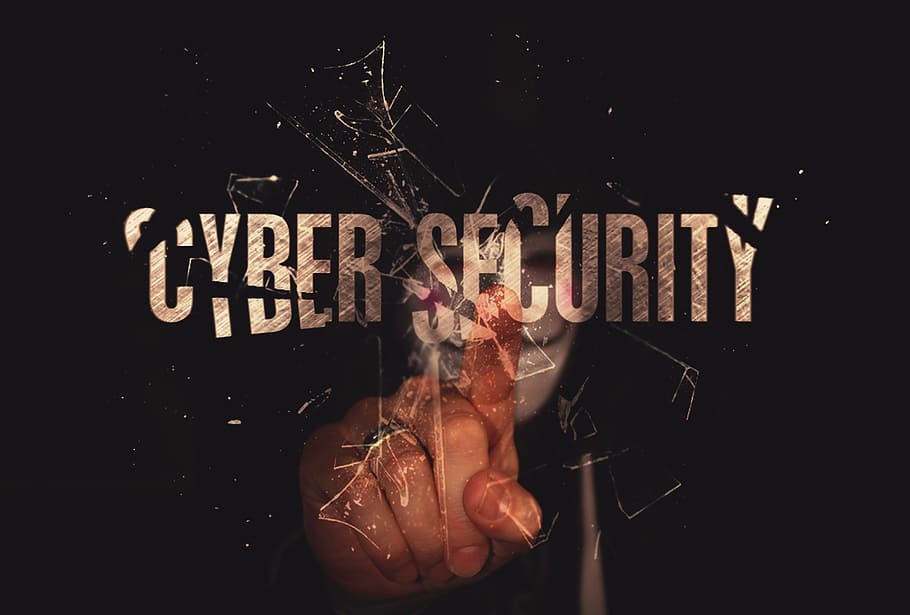
Small businesses try to provide the best services they can while keeping their costs as low as possible. This makes perfect sense in terms of trying to make as much profit as possible, even though the among might still be on the lower end. Everyone knows this is how it needs to be until businesses get bigger and can afford to do more, the “everyone,” includes hackers too.
Even though it’s common knowledge that very successful businesses are always being targeted by hackers, what most people don’t realise is the fact that smaller businesses aren’t safe from them either. These don’t make a ton of money but they still have access to money and data, which are the two main things hackers want, whether you have a lot of it or a little bit. This is why it is integral that you as a small business owner invest in cybersecurity strategies from the very start, so you’re safe throughout the lifetime of your business.
Below are the top 8 cybersecurity strategies that you can use for a small business in 2021 and even take these along as you grow through the years!
Best Cybersecurity Strategies for Small Businesses in 2021
1. Cloud Security: These days, everything is on the cloud. That also means that if the cloud isn’t secure, all of the data and information you’re storing on it will be vulnerable. This is why it is important for you to pick a cloud platform that has proper security protocols in place, even though this means that the cloud platform you end up going for wouldn’t be the cheapest one out there, but that’s because it will actually work to keep your data safe.
2. Network Security: While thinking of ways to secure your data, one of the most forgotten things is network security. This is often because your network is the first thing you set up and it’s easy to forget that you need to secure it as well. This leaves you vulnerable to cyber-attacks and anyone can take over your network and make changes as an administrator. Protect your network using a strong password and keep changing it periodically to keep your data safe.
3. VPNs and Cybersecurity: Just having a strong password isn’t enough if someone actually decides they want to attack or steal your data. Use a reputable VPN and Firewalls to add an extra layer of security just in case someone tries to break in. These won’t save you from every attack but they will be enough to deter most cyber attacks.
4. Updates and Upgrades: All of the online tools you use, need frequent updates to keep them secure. If you don’t install the updates of upgrades, hackers can get into your system through the unpatched “holes” and steal your data. Make sure to always install the updates as they are rolled out.
5. Data Backups: Your data is essential to your business, no matter which field you operate in. It’s integral that you keep at least one separate backup of all the data you own. This way, you would be safe not only in terms of a cyberattack where someone holds your data hostage for ransom but also in case someone steals your physical hard drives or if there’s a natural disaster!
6. Segmented and Limited access: Even though we don’t usually expect cyber-attacks from within the company, it is something that happens all the time. An easy way to reduce the chances of this happening is to limit the number of employees that have access to the data. This way, not only will you have a lesser chance of a data leak, but if it does happen, it will be much easier to narrow things down to the culprit.
7. Employee training: Even if an employee doesn’t maliciously leak your data, they might still end up doing it if they fall for something like a phishing scheme or not having a strong password and end up giving access to a hacker without their knowledge. It’s important to train your employees and teach them about cybersecurity and have some basic protocols in place that protects both them and the company as a whole.
8. Security culture: Cybersecurity needs to be one of the main goals of your company, it should be part of the working environment. Have the office be one that promotes security culture, so even if a department has nothing to do with IT, they’re still making sure to actively participate in keeping the company safe from a cyber attack.
Making the Investment
Even if you think your company isn’t one anyone would want to attack, invest in taking care of it. Make sure that even if you have the smallest amount of data, it is kept safe and secure. Invest some time and money into it, after all, keeping your data safe is one of the most important things you need to do as a business owner, even when your business is small.
